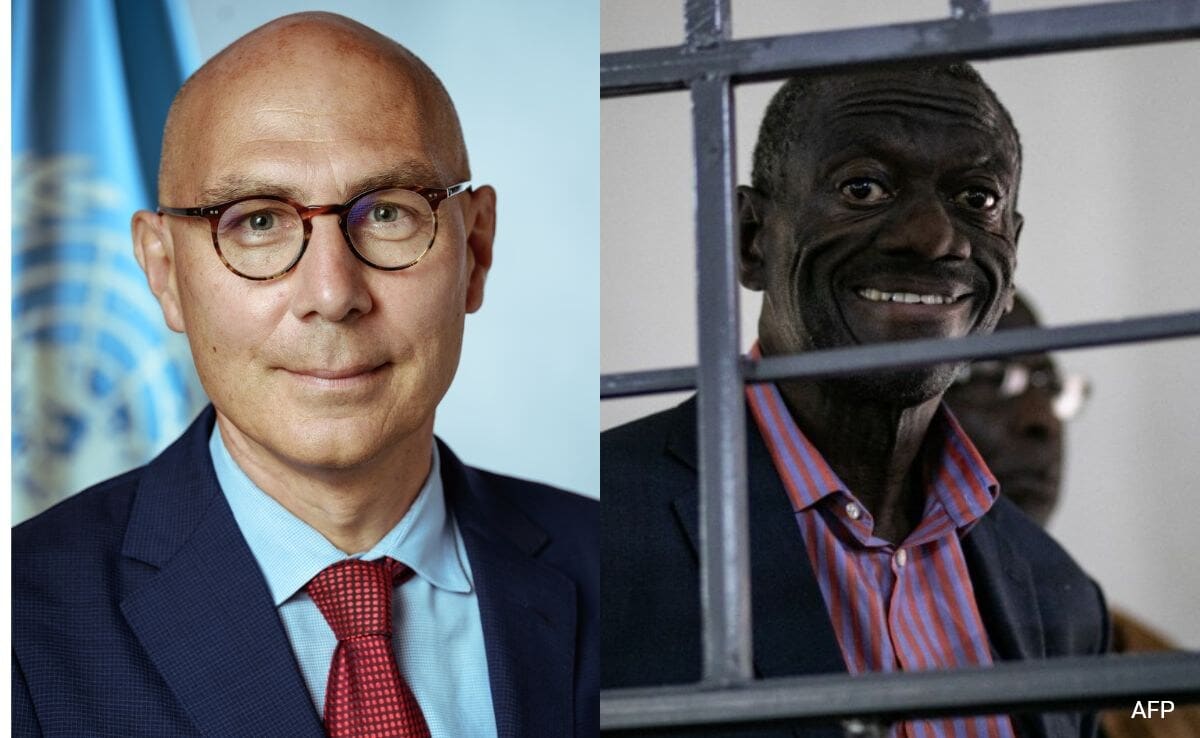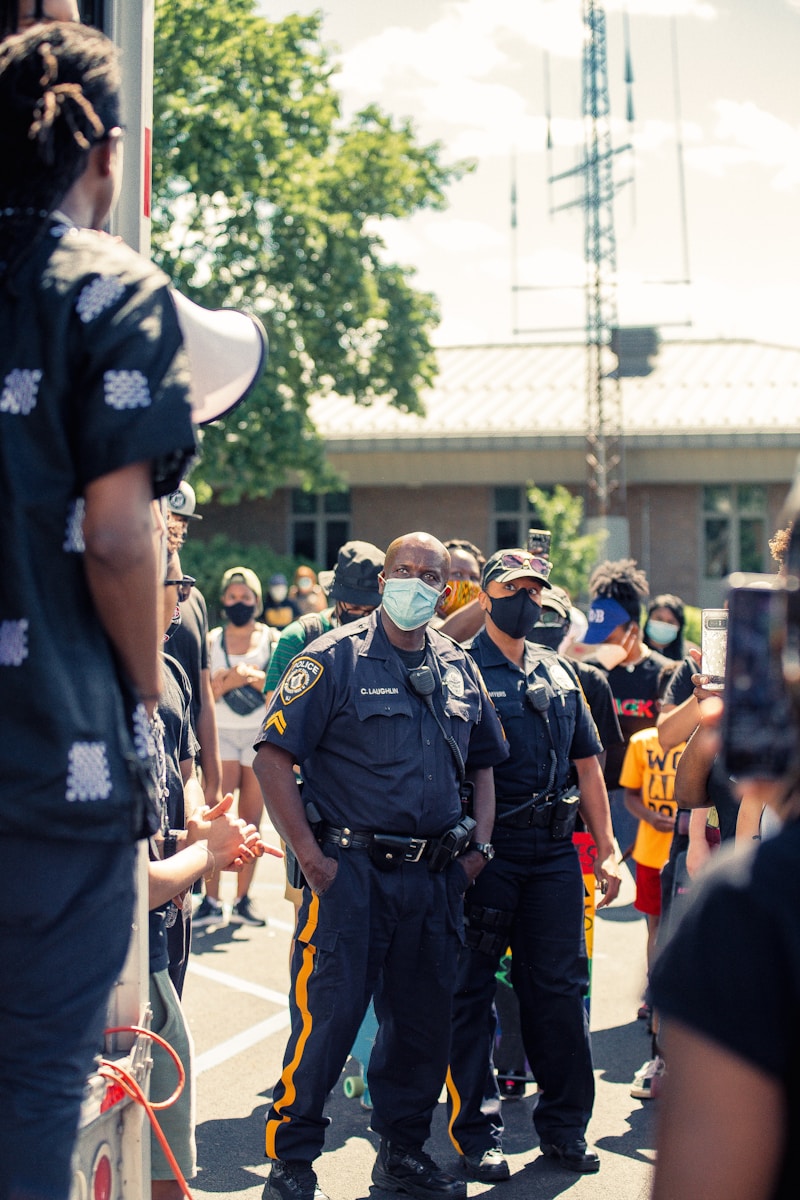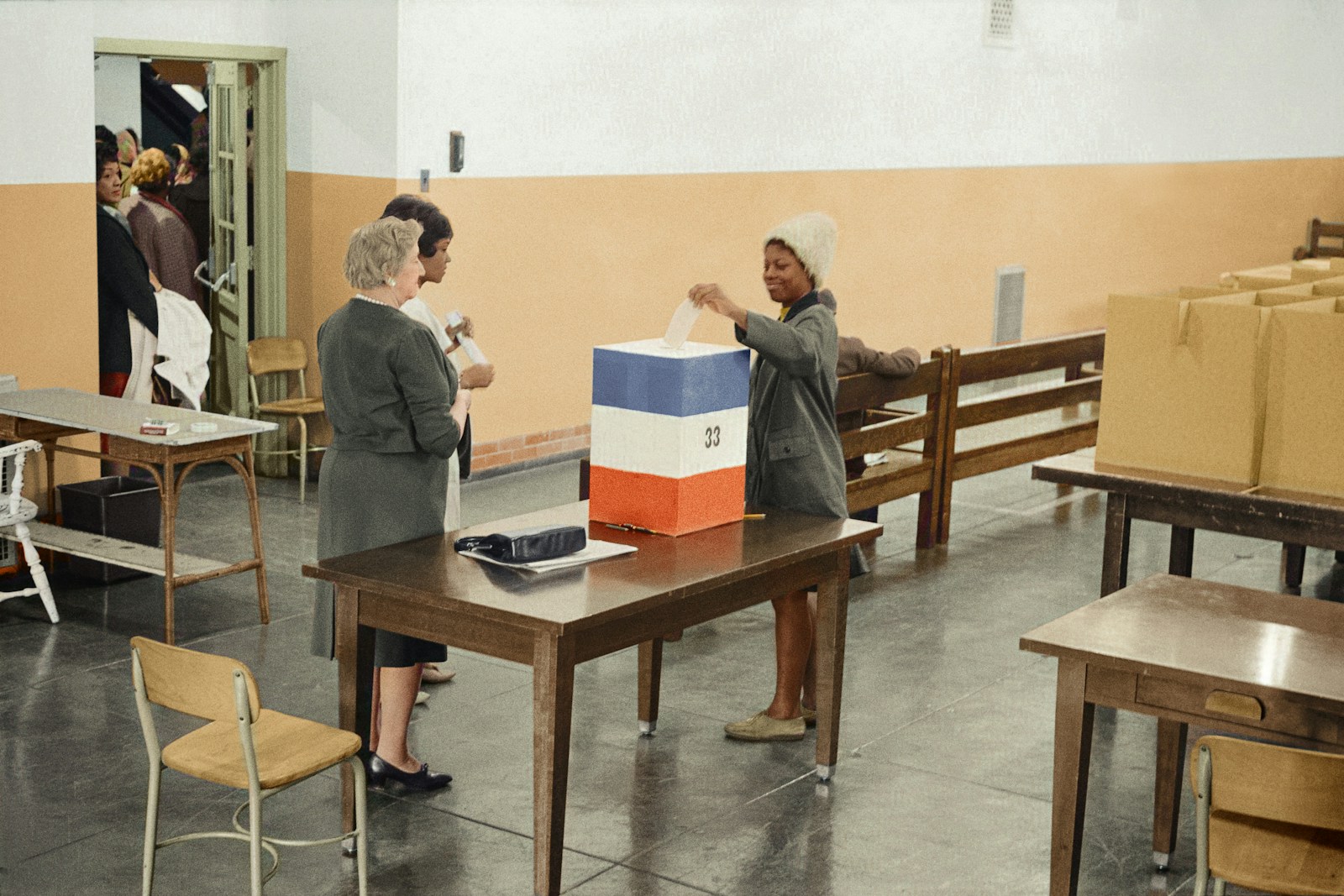The political environment in Uganda is rapidly deteriorating as the January presidential elections approach. The recent Uganda opposition abduction of MP Barnabas Tinkasiimire has brought international attention to the growing threats faced by opposition politicians. This alarming incident is just one of several shocking cases that highlight the dangerous political climate where dissent is met with intimidation and violence. President Yoweri Museveni’s bid to extend his nearly 40-year rule raises serious questions about the future of democracy in Uganda. This article explores three key incidents revealing the extent of political repression and the challenges opposition figures face in this tense electoral period.
1. Uganda Opposition Abduction: The Kidnapping of MP Barnabas Tinkasiimire
The Uganda opposition abduction of Barnabas Tinkasiimire shocked the nation and drew condemnation from human rights organizations. Tinkasiimire, a vocal critic of President Museveni, was forcibly taken and reportedly tortured before being released. This attack is part of a wider crackdown on opposition members who challenge the regime. The abduction not only endangers individual politicians but also intimidates the wider political community. It represents a blatant violation of political freedoms and democratic rights, undermining the legitimacy of Uganda’s electoral process.
2. Escalating Political Violence in Uganda’s Election Cycle
Political violence in Uganda has intensified dramatically in the lead-up to the elections. Reports indicate increasing instances of harassment, unlawful arrests, and physical violence against opposition supporters. This hostile environment severely hampers the ability of opposition parties to campaign freely and safely. The ruling party’s strategy appears focused on silencing dissent through fear and coercion. This trend threatens to skew the electoral playing field, raising concerns about the fairness and transparency of the upcoming elections.
3. International Reactions to Uganda Opposition Abduction and Electoral Violence
International organizations have condemned the Uganda opposition abduction of MP Tinkasiimire and the broader pattern of political violence. The African Union, United Nations, and human rights groups have urged the Ugandan government to protect opposition members and ensure a fair electoral process. These bodies plan to deploy election observers and pressure Kampala to uphold democratic standards. Their involvement is crucial to deterring abuses and fostering political accountability during the elections.
4. The Legacy of Museveni’s Rule and Its Impact on Political Dissent
President Museveni’s long tenure has been marked by a gradual erosion of political freedoms. His administration has often been accused of suppressing opposition through legal and extralegal means. This historical context is vital to understanding the severity of Uganda’s political repression today. The opposition’s increasing marginalization reflects decades of centralized power and limited tolerance for dissent. The current elections represent a critical juncture that could either reinforce authoritarian control or open pathways for democratic change.
5. The Role of Civil Society in Resisting Political Repression
Civil society organizations in Uganda are playing a vital role in resisting political repression and advocating for democratic freedoms. Despite facing threats themselves, activists work to document abuses, raise awareness, and support victims of political violence. Their efforts help to mobilize public opinion and maintain international focus on Uganda’s political struggles. Strengthening civil society capacity is essential to ensuring that opposition voices are protected and that democratic norms are upheld in this difficult period.
6. Uganda Opposition Abduction: The Growing Threat to Political Freedom
The Uganda opposition abduction of key political figures like MP Barnabas Tinkasiimire signals a dangerous escalation in threats against political freedom. Such abductions serve not only to silence individuals but also to intimidate entire opposition movements. The tactics employed threaten the fundamental democratic right of political participation and free speech. These actions have raised alarm within Uganda and internationally, highlighting the urgent need for protective mechanisms for politicians and activists. The government’s failure to prevent these violations undermines trust in the electoral system and the rule of law. Civil rights advocates emphasize the importance of independent investigations into such cases and stronger safeguards to ensure political actors can operate without fear of violence or retaliation.
7. Impact of Political Violence on Uganda’s Upcoming Elections
Political violence, including the Uganda opposition abduction of prominent MPs, heavily impacts the electoral environment. When opposition members face physical threats, abductions, and intimidation, it discourages political engagement and voter turnout. The resulting atmosphere of fear jeopardizes the integrity and credibility of the election results. Political parties and election officials face immense challenges in conducting free and fair elections amid such hostile conditions. International observers and civil society groups play a critical role in monitoring these developments, raising awareness, and advocating for peaceful political competition. It is essential for Uganda’s democracy that all actors commit to upholding electoral fairness and safeguarding political freedoms throughout the electoral process.
8. Uganda Opposition Abduction and International Calls for Accountability
The Uganda opposition abduction of MP Tinkasiimire has prompted widespread condemnation from international organizations. The African Union, United Nations, and human rights groups have called on the Ugandan government to ensure accountability for these violations and to protect political actors. Election observation missions by these bodies are critical for transparency and credibility. For example, the UN Peacebuilding Support Office continues to engage with Uganda to foster a peaceful electoral environment. This international involvement serves as a deterrent against political violence and promotes respect for democratic norms. However, sustained pressure and monitoring are necessary to ensure lasting improvements in political freedoms and election integrity.
9. Opposition Strategies Amid Uganda’s Repressive Political Climate
Despite ongoing repression, Uganda’s opposition parties are adopting innovative strategies to navigate the increasingly hostile political environment. These include building coalitions, mobilizing grassroots supporters, and leveraging digital platforms for activism and voter education. The resilience shown by opposition leaders reflects their commitment to democratic change and political pluralism. These efforts aim to counteract the effects of political intimidation and promote a more inclusive political discourse. However, the sustainability of these strategies depends heavily on continued domestic support and international solidarity.
10. The Future of Uganda’s Democracy Post-Election
Looking ahead, the future of Uganda’s democracy hinges on the outcome of the January elections and the political climate surrounding them. The Uganda opposition abduction cases underscore the fragility of democratic institutions and the need for reforms to protect political freedoms. Strengthening judicial independence, enhancing electoral transparency, and supporting civil society are vital steps toward democratic consolidation. The international community’s role in promoting accountability and facilitating dialogue is equally important. Ultimately, Uganda’s path will depend on the will of its people and their ability to overcome political violence and repression to build a more democratic society.
11. Uganda Opposition Abduction: Effects on Public Trust and Political Engagement
The Uganda opposition abduction cases have deeply impacted public trust in the political process. When prominent opposition figures like MP Barnabas Tinkasiimire are abducted and tortured, ordinary citizens begin to question the fairness and safety of participating in elections. This fear can lead to voter apathy and reduced political engagement, which undermines democratic participation at its core. Many Ugandans feel disillusioned and worried that their voices will be silenced, regardless of the ballots they cast. The government’s failure to protect opposition members signals a broader disregard for political freedoms, further alienating citizens. Restoring public confidence will require transparent investigations, accountability for abuses, and assurances that political activities can be conducted without fear of repression.
12. How Uganda Opposition Abduction Highlights the Role of Media and Civil Rights Groups
Media coverage and civil rights organizations have played a crucial role in bringing the Uganda opposition abduction incidents to light. Independent journalists and NGOs continue to document cases of political repression, giving a voice to victims and mobilizing both local and international attention. These efforts help counteract government narratives that often dismiss such abuses or label opposition figures as criminals. Media exposure also pressures authorities to act and creates space for dialogue on human rights and democratic governance. However, journalists and activists frequently face harassment and censorship, underscoring the risks involved. Strengthening press freedom and supporting civil society are therefore essential components in addressing political violence and promoting accountability in Uganda.
13. Uganda Opposition Abduction: What Needs to Change for Future Elections
To ensure peaceful and fair elections in the future, Uganda must address the root causes of political violence, including opposition abductions. This involves comprehensive legal reforms that guarantee the protection of political rights and independent mechanisms to investigate abuses. Strengthening institutions like the judiciary and election commissions will be critical in fostering trust and enforcing accountability. Moreover, political dialogue among all stakeholders—including ruling and opposition parties, civil society, and international partners—is necessary to create a shared commitment to democratic norms. Without such changes, Uganda risks continued cycles of repression that threaten its democratic prospects and the well-being of its citizens.
Source: allafrica.com (RFI)
For related political news and election coverage, visit Voice Mauritius News.




